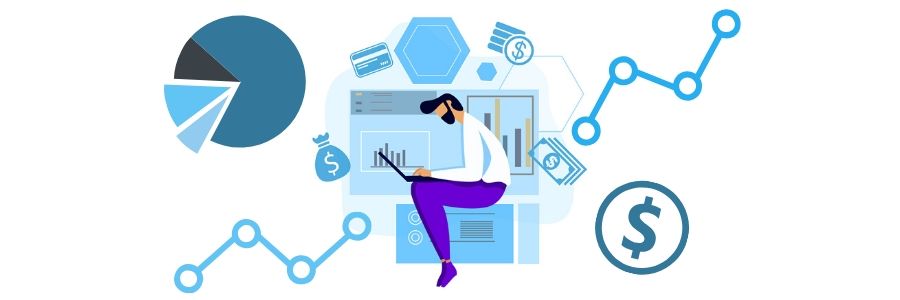Creating a financial plan is often perceived as a conscious effort in putting your money in order to attain financial objectives. It is a step-by-step process to help investors meet their life goals. However, contrary to popular opinion, it does not end at mere investing. It is so much more than that. There are certain other things to consider when beginning your journey in financial planning.

The way you approach to your financial plan is dependent on how financially secure an individual is. In essence, a financial plan for someone who has just started out with his investments and who is the fairly new to the investment world would be substantially different from someone who has accumulated a substantial amount of wealth by now. Let’s understand this better. Read on to know more.
If you are new to the investing world
If you just started with your investments, there are certain things to be taken care of. For starters, you must have an appropriate health insurance policy in place that will help you tend to significant medical bills. Next, if you have financial dependents such as your partner, children, or elderly parents, you must get a life insurance policy. Having a life insurance policy in place will take care of your family’s needs when you are not around to tend to them. However, in life these are not the only contingencies that can arise. You might be faced with an untimely death of a family member, or job loss, or home repair, or any other emergency. For such circumstances, you must have an emergency fund in place. An emergency funds helps you take care of such unforeseen expenses. Experts suggest that you must dedicate at least three to six months’ of your living expenses towards emergency funds. These funds can be further invested in investment options with high liquidity. Examples include money market instruments and liquid funds.
Your financial plan might fall through if you have not catered to these requirements first. Lastly, you must try to get rid of any type of debt you might be having. High-interest loans such as credit card debt or personal loans can take a significant part of your take-away salary or incomes.
If you have accumulated a substantial corpus of wealth
If you are at a position in life where you not only have created all safety nets for you and your family, but also possess certain investments that help you to attain your financial goals. At this stage, you must ensure you have a diversified investment portfolio which can help you offset the losses arising from one type of investment against gains by another. Also, note that though you might already have a life insurance policy, health insurance plan, and an emergency fund in place, you must take into account the growing size of your family.
You must remember at all stages of investing that financial planning is a continuous and dynamic process. It requires continuous monitoring and reviewing of your investments and investment portfolio. Happy investing!
Leave a Reply